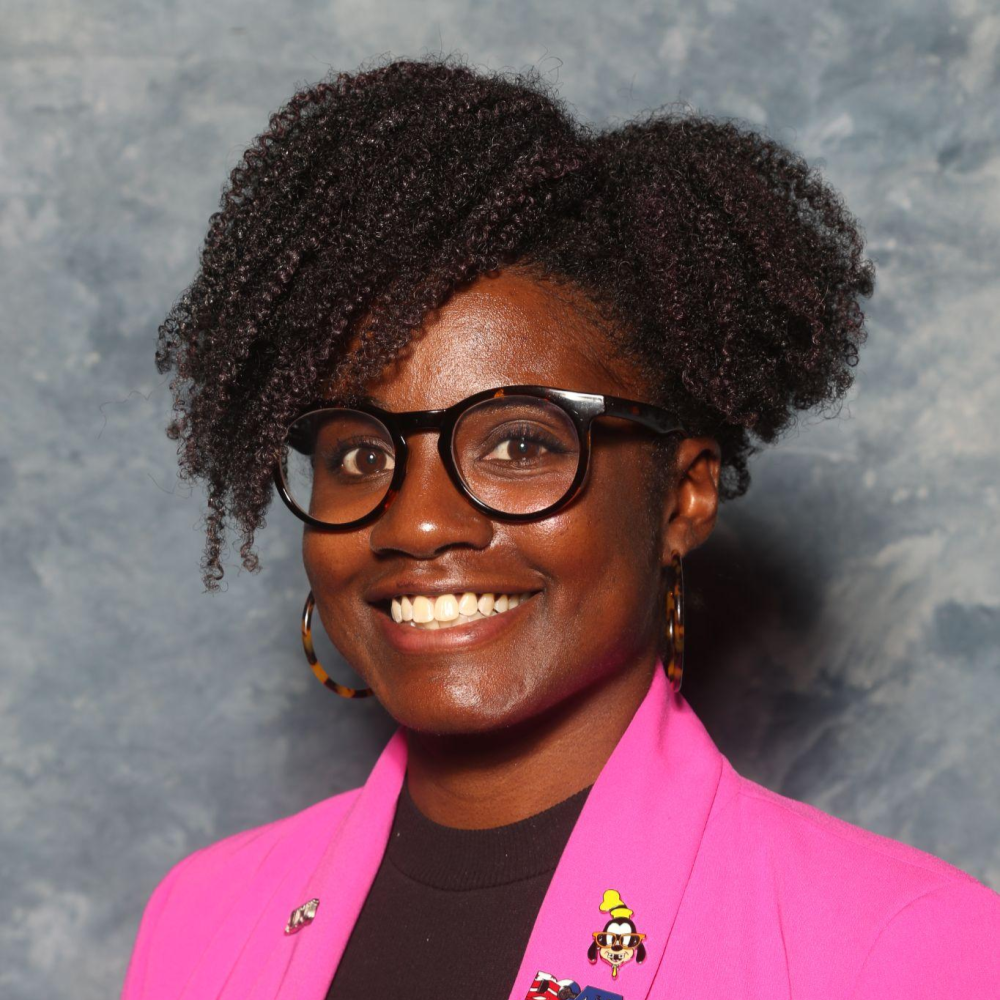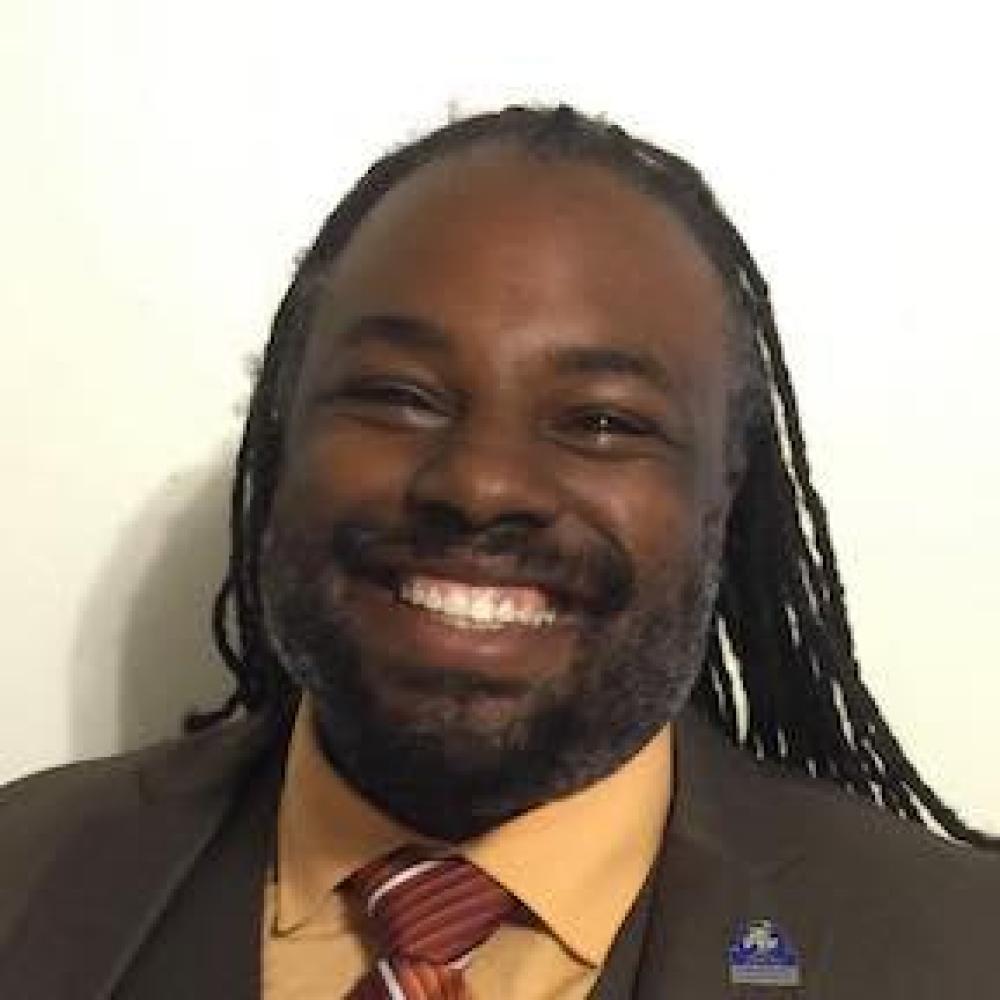
CBD, the Endocannabinoid System & the Athletic Trainer
Abstract:
Cannabis used as medicine dates as far back as 2,700 years ago documented in Asia. Cannabis has been reported throughout history to treat ailments such as rheumatism, constipation, gout, edema and infectious wounds, to name a few. In 1611, hemp reached America via Jamestown settlers and was acknowledged as a plant-based drug and added to the United States Pharmacopoeia in 1850 only to be removed in 1941 and later moved into a Schedule I drug in 1970. In 1988, the CB1 receptor was discovered in the human body, opening the door to understanding the endocannabinoid system and how cannabis is utilized by the human body. The discovery of this receptor led to a new direction of research and study to uncover information regarding the system to which the CB1 receptor is a component, including how it is impacted by pharmacology and the effects this system has on other systems and the global person. In February 2022, the NCAA announced a new policy that would increase the threshold for THC from 35 nanograms per milliliter to 159 nanograms per milliliter. This session will provide useful content to athletic trainers who may be tasked with providing advice or care to subjects who seek to treat conditions with cannabinoids.
Learning Objectives:
- Recognize the components of the endocannabinoid system (ECS).
- Explain the mechanisms by which cannabinoids interact with the ECS.
- Describe the physiological effects of cannabinoids at the cellular level on the global person.
How is this session relevant to a variety of settings?
CBD utilization and understanding how it can be beneficial in the health care setting is a means of advancing one’s current clinical practice.
Level:
Advanced
Domain(s):
Domain 1: Risk Reduction Wellness and Health Literacy
Domain 4: Therapeutic Intervention
CEUs:
1.0 Category A
In order to earn your CEUs, you must watch the session video in its entirety and complete the assessment.

Donita Valentine, DAT, CCISM
Dr. Valentine is passionate about making quality health care available for all active individuals, especially adolescent athletes, and delivers quality athletic health care, preparing students for emotional and physical participation in sports. Dr. Valentine also consults with Historically Black Universities to help build educational curricula to prepare students for matriculation into athletic training programs.
After obtaining a Bachelor of Science degree in Exercise Sport Science with a concentration in athletic training, from Frostburg State University, Donita returned to Frostburg to receive a Master of Science Degree in Human Performance. Dr. Valentine completed her Doctor of Athletic Training Degree at A.T. Still University where she researched and implemented movement assessment into the pre-participation physical exam and developed an interest in the biopsychosocial aspect of patient care focusing on muscular dysfunction related to trauma and tension. The focus of Dr. Valentine’s active research centered on implementing a systematic process of movement screening into the pre-participation evaluation process.
COPA Con 2024 Presentation:
CBD, the Endocannabinoid System & the Athletic Trainer

Brandon Holland, DAT, ABD
Dr. Brandon Holland is currently his 18th year as an athletic trainer in secondary schools in Prince William County, Virginia, where he is responsible for the prevention and treatment of injuries for over 900 athletes annually. In addition to this role, Dr. Holland serves as a preceptor for the athletic training programs at George Mason University, and he also holds positions as an adjunct professor of kinesiology at Concordia University of Chicago St Francis College, and Frostburg State University.
Brandon was born and raised on the south side of Baltimore City. He attended Frostburg State University, where he received his Bachelor of Science in Athletic Training degree in 2004. Immediately following, he took a graduate assistant position, also at Frostburg State University, while he completed his Master of Science in Human Performance degree, which he finished in 2006. Brandon completed his Doctor of Athletic Training degree at A. T. Still University in 2017. His research included patients’ self-report of function in the first 10-14 after lateral ankle sprain. Currently, he is a student in a PhD program at Concordia University Chicago, where he is studying Leadership with a Doctoral Focus in Health and Human Performance. His current line of research involves identifying factors that contribute to low levels of diversity in athletic training students and professionals. In his pursuit to improve diversity in education and diversity of athletic training, Dr. Holland has developed specializations in curriculum development, curriculum instruction, and coordination of clinical education.
Dr. Holland is passionate about advocating for the profession of athletic training. He currently holds a seat as the Virginia State Representative for the Mid-Atlantic Athletic Trainers’ Association’s Ethnic Diversity Advisory Committee, and he serves as a mentor in multiple programs, including programs at George Mason University, Johns Hopkins University, Prince William County Schools. His clinical work includes experience with over 30 different sports at varying competitive levels, from youth and amateur adult to professional and international athletes.
Dr. Holland currently lives in northern Virginia with his wife and two sons. His hobbies include music, working out, grilling, and entrepreneurship. He sees every single event as an opportunity for learning and improvement, and he LOVES to answer questions!
COPA Con 2024 Presentation:
CBD, the Endocannabinoid System & the Athletic Trainer

